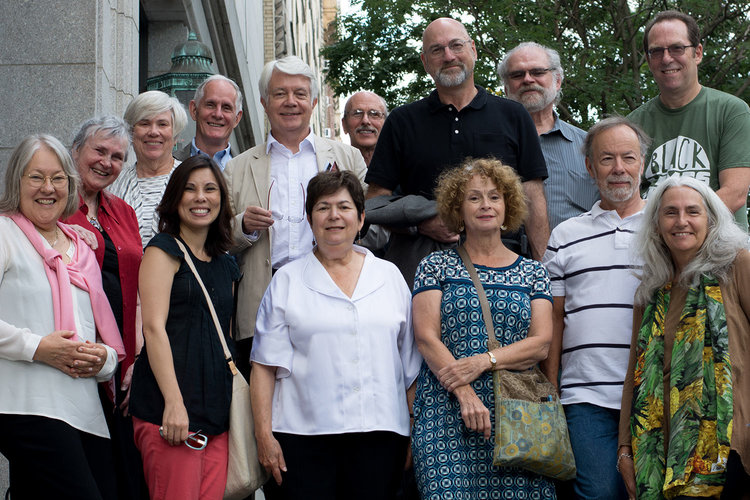Great Books Great Reading Experiences Garn Press
GarnPress on Tweeter @GarnPress WEBSITE: garnpress.com

At Garn we promise to continue publishing great books and providing great reading opportunities for readers that encourage all of us to be brave, be fearless, and not forget to imagine the extraordinary opportunities of being human in these most challenging times.
Garn Press publishes award-winning nonfiction that explores compelling ideas and arguments based on primary research and investigative reporting ignored by mainstream media. We’re actively supporting writers of conscience who offer original research based perspectives on the most pressing issues of our day including: education policy and reform, climate change, social justice gun violence and many other critical factors jeopardizing social, economic, and environmental sustainability. In addition to books Garn press is publishing news articles by many renowned educators, artists, and scientists. But at Garn we do not consider this enough. We’re also committed to nurturing the imagination and human spirit by publishing great novels and poetry.
Garn’s award winning novelists and poets share this ideal, and all the fiction books published by Garn – whether mysteries, fantasies, or historical novels -- are written not only to entertain, but also to raise serious questions about time, memory and whether what we see – in life as well as in the mirror – is what is really what is occurring. At Garn we promise to continue publishing great books and providing great reading opportunities for readers that encourage all of us to be brave, be fearless, and not forget to imagine the extraordinary opportunities of being human in these most challenging times. We hope the books we publish will in some small way contribute to changing and saving the world. Looking forward to meeting you in the pages of a Garn Press book. They make great presents!





















